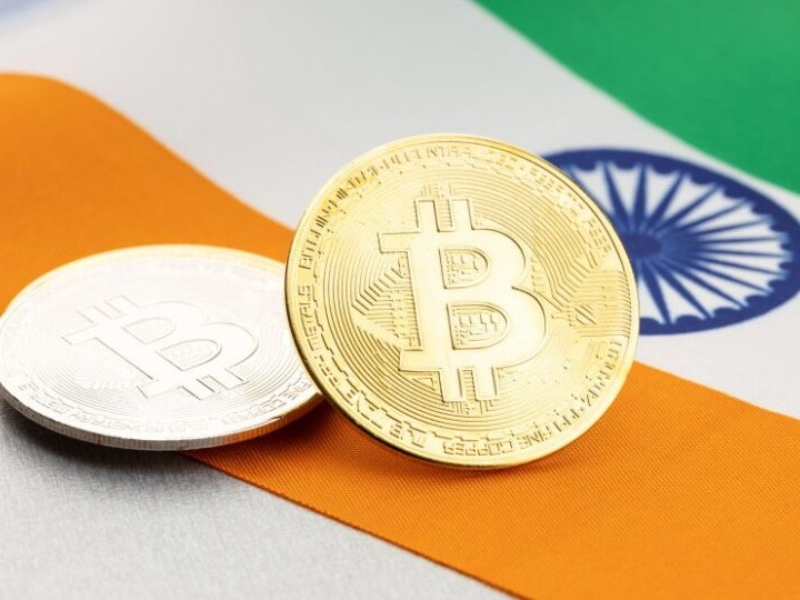- Chainalysis’s report indicates that India has retained its leading position in cryptocurrency adoption globally, despite a challenging regulatory environment, with significant use of centralised exchanges and DeFi assets.
- Major exchanges like Binance and KuCoin have faced fines but have registered with the Financial Intelligence Unit to continue operations, suggesting a resilient market with growing participation.
OUR TAKE
The persistence of cryptocurrency adoption in India, despite regulatory hurdles, signals a shift towards digital assets. This trend, coupled with the region’s robust trading activities, particularly in countries like Indonesia, underscores the need for adaptive regulatory measures. Such an approach can foster innovation and protect investors, facilitating a stable and progressive digital financial landscape.
–Vicky Wu, BTW reporter
What happened
A report released on Wednesday by blockchain analytics firm Chainalysis revealed that India has retained its position as the foremost adopter of cryptocurrencies globally for the second consecutive year. Despite the stringent regulatory climate and significant trading taxes, Indian investors have continued to embrace digital currencies. The study, which examined the period from June 2023 to July 2024, assessed adoption levels across four categories in 151 countries, placing India prominently in the utilisation of both centralised exchanges and decentralised finance (DeFi) assets. This achievement comes amid a backdrop of regulatory challenges, including actions taken by the Financial Intelligence Unit (FIU), which issued show-cause notices to nine offshore exchanges in December 2023 for failing to comply with domestic regulations.
The report also highlighted the widespread adoption of various crypto assets in India, suggesting that new entrants into the market have been engaging through services not subject to bans. Notably, Binance, the world’s largest cryptocurrency exchange, was fined 188.2 million rupees ($2.25 million) in June, shortly after registering with the FIU to resume operations in the country. Another major exchange, KuCoin, registered with the regulator in March and faced a lesser penalty of 3.45 million rupees.
Also read: German authorities seise $28M in cryptocurrency ATM operation
Also read: Trump advocates cryptocurrency, targeting China and regulation
Why it’s important
The resilience shown by Indian cryptocurrency investors in the face of regulatory obstacles underscores the growing significance of digital currencies in the financial landscape. This trend indicates that, despite official resistance, there is a strong grassroots movement supporting the adoption of cryptocurrencies. The lifting of some restrictions, particularly those affecting platforms like Binance, is expected to further boost the uptake of digital assets in India. Moreover, the report identifies several other Central and South Asian nations, including Indonesia, Vietnam, and the Philippines, among the top 20 countries for cryptocurrency adoption, reflecting a regional trend towards embracing new financial technologies.
The robust trading activity in these markets, especially in Indonesia, which has banned the use of cryptocurrencies for payments but permits investment, demonstrates the potential for continued growth in the sector. With $157.1 billion in digital asset inflows over the past year, the region is proving to be fertile ground for the expansion of cryptocurrency usage, even in jurisdictions with restrictive policies. This highlights the importance of adapting regulatory frameworks to support innovation while ensuring investor protection and financial stability.

